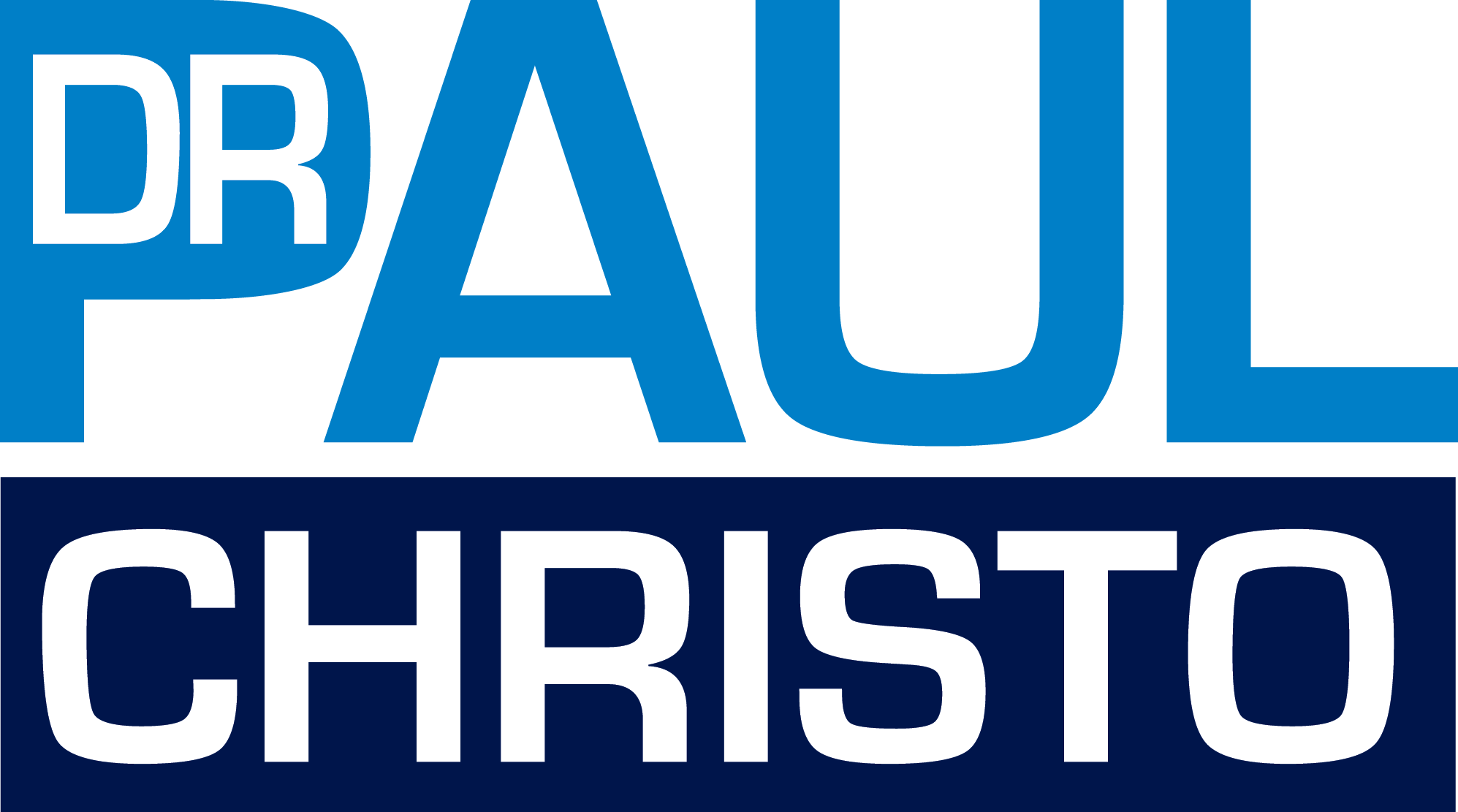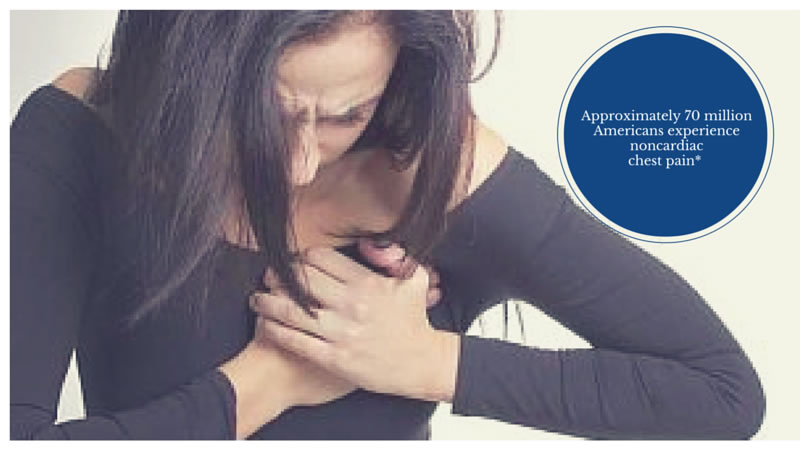Chest pain doesn’t automatically indicate a heart attack: Numerous heart and health conditions can cause discomfort in this area of the body.
It’s no wonder many people worry they might be in the midst of a medical emergency when they feel chest pain or discomfort: Heart disease is the leading cause of death in men and women throughout the US, killing approximately 610,000 people each year, that’s 1 in every 4 deaths.
There are a variety of sensations and symptoms associated with chest pain that could point to a possible heart attack, including nausea, profuse sweating, palpitations and a sense of impending death. In women especially, signs and symptoms of a heart attack can be subtle: Jaw pain, scapular pain (around the shoulder blade), elbow pain, even flu-like symptoms, as well as indigestion and heartburn.
Chest pain indicative of a heart attack isn’t necessarily limited to the chest area; men and women may experience chest pain in the following areas of the body:
- Below the breastbone
- Shoulders and shoulder area
- Radiating pain to the arm, neck and jaw
- Abdomen
- Tight pressure in the neck
- Band-like pressure around the chest
- A choking feeling in the throat and chest
Even if you think your pain or discomfort isn’t anything serious, it’s important to note that any type of chest pain that makes you take notice requires medical attention in order to rule out a medical emergency or underlying health condition.
Heart Conditions That Cause Chest Pain
There are numerous other heart and health conditions that can cause chest pain and related symptoms that people may typically associate with a heart attack. We discussed how to differentiate the pain of heart disease from other conditions with Dr. Noel Peterson, Director of Women’s Cardiovascular Services at East Carolina Heart Institute, on multiple episodes of Aches and Gains. We also focused on special considerations for women and their heart health.
- Angina – chest discomfort in a region of the heart muscle that’s not getting enough oxygen-rich blood. Angina may cause discomfort when you are running or doing something strenuous, but the pain goes away when you stop and take a break.
- Infarct – heart muscle that had died due to obstruction of the tissue’s blood supply. This pain is more severe, and definitely catches your attention- you can’t ignore it.
- Rhythm disorder – disturbance in the electrical system of the heart causing conditions like Atrial Fibrillation, Atrial Flutter, and Ventricular tachycardia. Singer/actor Miley Cyrus has tachycardia, which is an abnormally rapid heart rate. Rhythm disorders can sometimes cause heart or chest pain, especially with tachycardia, but not all rhythm disturbances are associated with discomfort in the chest area.
- Congestive Heart Failure – a condition in which the pumping power of the heart is weakened. Symptoms are more related to shortness of breath and fluid retention. With congestive heart failure, sometimes you can get chest discomfort, but you will likely experience swelling of the legs and belly along with it.
If you have reason to believe that your chest pain may be angina or pre-infarction, chew four aspirin, and call 911. If the rhythm problem continues or the heart failure worsens and you experience serious signs and symptoms, call 911 and alert you doctor as well.
*Statistic in above image from the U.S. National Library of Medicine

